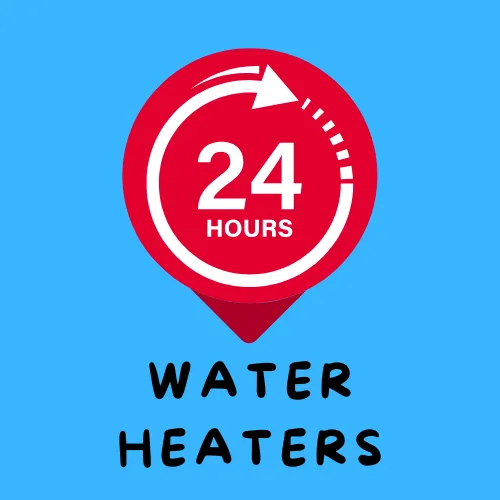What Causes Scale Buildup in a Water Heater and How to Prevent It?

Scale buildup in a hot water heater occurs when minerals, primarily calcium and magnesium, in hard water accumulate on the heating elements and inner surfaces of the unit. Over time, this mineral deposit can reduce efficiency, increase energy costs, and even shorten the lifespan of your best hot water heater, whether it’s a tank or tankless model.
Causes of Scale Buildup
Hard Water: The higher the mineral content in your water, the faster scale accumulates. Homes with hard water experience more issues with hot water heater parts clogging due to mineral deposits.
High Water Temperature: Heating water at higher temperatures causes minerals to separate and form scale faster. If your water heater is set too high, scaling increases.
Lack of Maintenance: If preventive maintenance on a hot water heater isn’t done regularly, scale can build up inside, leading to inefficiency and even potential damage.
Hot Water Recirculation Systems: While a hot water recirculation pump tankless heater helps provide instant hot water, continuous heating can accelerate scaling in areas with hard water.
How to Prevent Scale Buildup
Flush the Water Heater Regularly: Tank Water Heater: Drain and flush the tank every 6-12 months to remove sediment. This is especially important for 30-gallon gas hot water heaters, 40-gallon propane hot water heaters, or electric hot water heaters 50 gal to maintain efficiency.
Tankless Water Heater: Descale the unit annually using a vinegar solution or a descaling kit to keep the heat exchanger clean.
Install a Water Softener: A water softener removes minerals from the water, preventing scale from forming inside your best electric tankless hot water heater or boiler hot water heater.
Use a Scale Inhibitor System: Some systems inject a small amount of anti-scale solution into the water supply, reducing buildup on hot water heater parts.
Adjust the Water Temperature: Keeping your water heater’s thermostat between 120°F – 130°F slows down scaling while still providing hot water efficiently.
Check and Replace the Anode Rod (For Tank Models): The anode rod attracts minerals and helps prevent scale from sticking to the tank walls. Inspect and replace it every 3-5 years.
When to Descale or Seek Repairs
If your water heater is working but no hot water is coming out, or you notice reduced efficiency, unusual noises, or increased energy costs, scaling could be the issue. Tankless hot water heater repair
may be needed if buildup has clogged the unit. For long-term efficiency, regular maintenance is key to extending the life of your State Select hot water heater, on-demand hot water heater propane, or RV electric hot water heater.
Read More: Gas vs. Electric Hot Water Heater: Which One Is More Efficient? Best Hot Water Heater Review: Choosing the Right One for Your Home How Long Should a Hot Water Heater Last? Signs It’s Time for a Replacement
